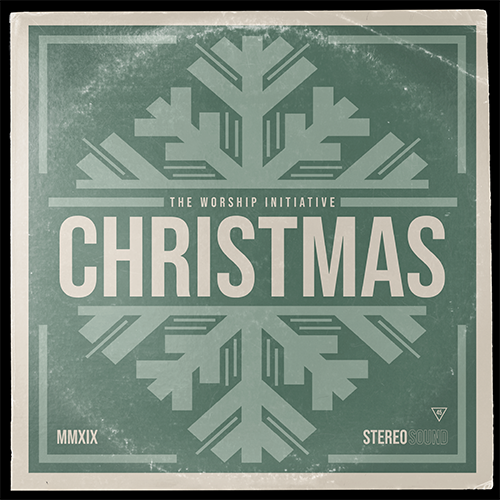
Phil Wickham
Little Drummer Boy (Vol. 3)
Intro
| A | D | |
Verse 1
| A | D | A | |
| Come they told me pa | rum pum pum | pum |
| A | D | A | |
| A new born king to see pa | rum pum pum | pum |
| E | D | E | |
| Our finest gifts we bring pa | rum pum pum | pum |
| A | Bm | |
| To lay be | fore the king pa | rum pum pum pum |
| F#m | D | E | |
| Rum pum pum pum | rum pum pum | pum |
| A | Bm | F#m | |
| So to honor him pa | rum pum pum | pum |
| E | |
| When we come |
Intro (2X)
| A | D | |
Verse 2
| A | D | A | |
| Little baby pa | rum pum pum | pum |
| A | D | A | |
| I am a poor boy too pa | rum pum pum | pum |
| E | D | E | |
| I have no gift to bring pa | rum pum pum | pum |
| A | Bm | |
| That's fit to | give a king pa | rum pum pum pum |
| F#m | D | E | |
| Rum pum pum pum | rum pum pum | pum |
| A | Bm | F#m | |
| Shall I play for you pa | rum pum pum | pum |
| E | |
| On my drum |
Intro (2X)
| A | D | |
Verse 3
| A | D | A | |
| Mary nodded pa | rum pum pum | pum |
| A | D | A | |
| The ox and lamb kept time pa | rum pum pum | pum |
| E | D | E | |
| I played my drum for him pa | rum pum pum | pum |
| A | Bm | |
| I played my | best for him pa rum | pum pum pum |
| F#m | D | E | |
| Rum pum pum pum | rum pum pum | pum |
| A | Bm | F#m | |
| Then he smiled at me pa | rum pum pum | pum |
| E | Fdim | F#m | D | |
| Oh | Jesus | smiled at me pa | rum pum pum | pum |
Tag
| E | F#m | |
| Me and my | drum my | drum |
| A/C# | D | E | A | |
| My | drum my | drum my | drum |
Intro (3X)
| A | D | |